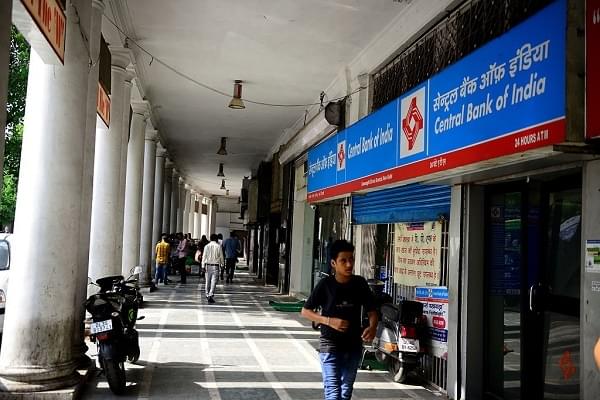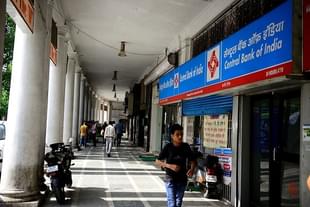Insta
Public Sector Bank Privatisation: Sale Of Central Bank, IOB May Face Hurdles, Says Analysts
Swarajya Staff
Jun 10, 2021, 12:07 PM | Updated 12:07 PM IST
Save & read from anywhere!
Bookmark stories for easy access on any device or the Swarajya app.


Banking analysts have opined that the government's plan to privatise at least two of the state-run banks in the initial phase may throw unexpected hurdles due to poor financial metrics.
Central Bank of India and Indian Overseas Bank (IOB) are Public Sector Banks (PSB) that are rumoured to have been recommended for privatisation by the NITI Aayog to a high-level committee headed by Cabinet Secretary Rajiv Gauba.
Both the lenders are currently under the Prompt Corrective Action (PCA) imposed by the Reserve Bank of India (RBI), which involves the imposition of certain business restrictions, reports Moneycontrol.
According to Saswata Guha, senior director, banks at Fitch India Services, the RBI's PCA might decrease investor interest.
"This will be challenging, since banks in this category - despite their wide reach and substantial franchises - have generally compromised financials, with impaired-loan ratios ranging between 9.8 per cent to 16.3 per cent and common equity Tier I ratios between 8.8 per cent to 10.3 per cent in FY21," Guha said.
While the Central Bank posted a net loss of Rs 888 crore for FY21, which is less than the loss of Rs 1,121 crore in FY20, IOB posted a profit of Rs 482 crore for the nine months up to December 2020, as against a loss of Rs 8,527 crore for FY20.
However, these banks have gross non-performing asset (NPA) ratios in double digits - 16.55 per cent for Central Bank and 12.19 per cent for IOB.
"Foreign investors will be wary after the experience of Vodafone and Cairn. No domestic investor will want to buy a public sector bank because the pension liabilities will be too huge. There are now more retired employees in the banking sector than current employees," said Devidas Tuljapurkar, convenor of the United Forum of Bank Unions in Maharashtra.





